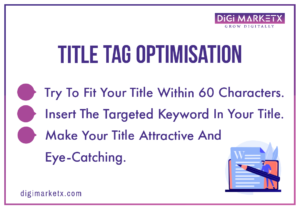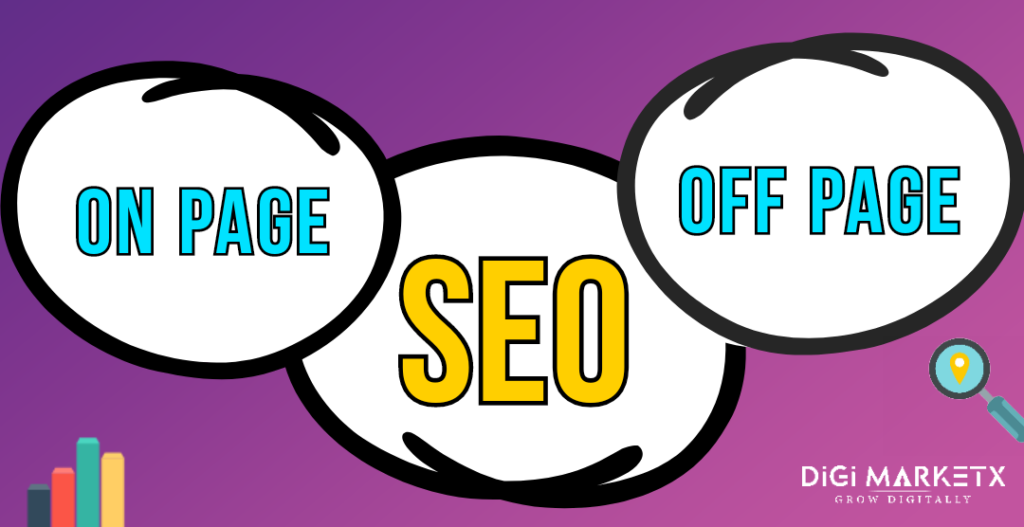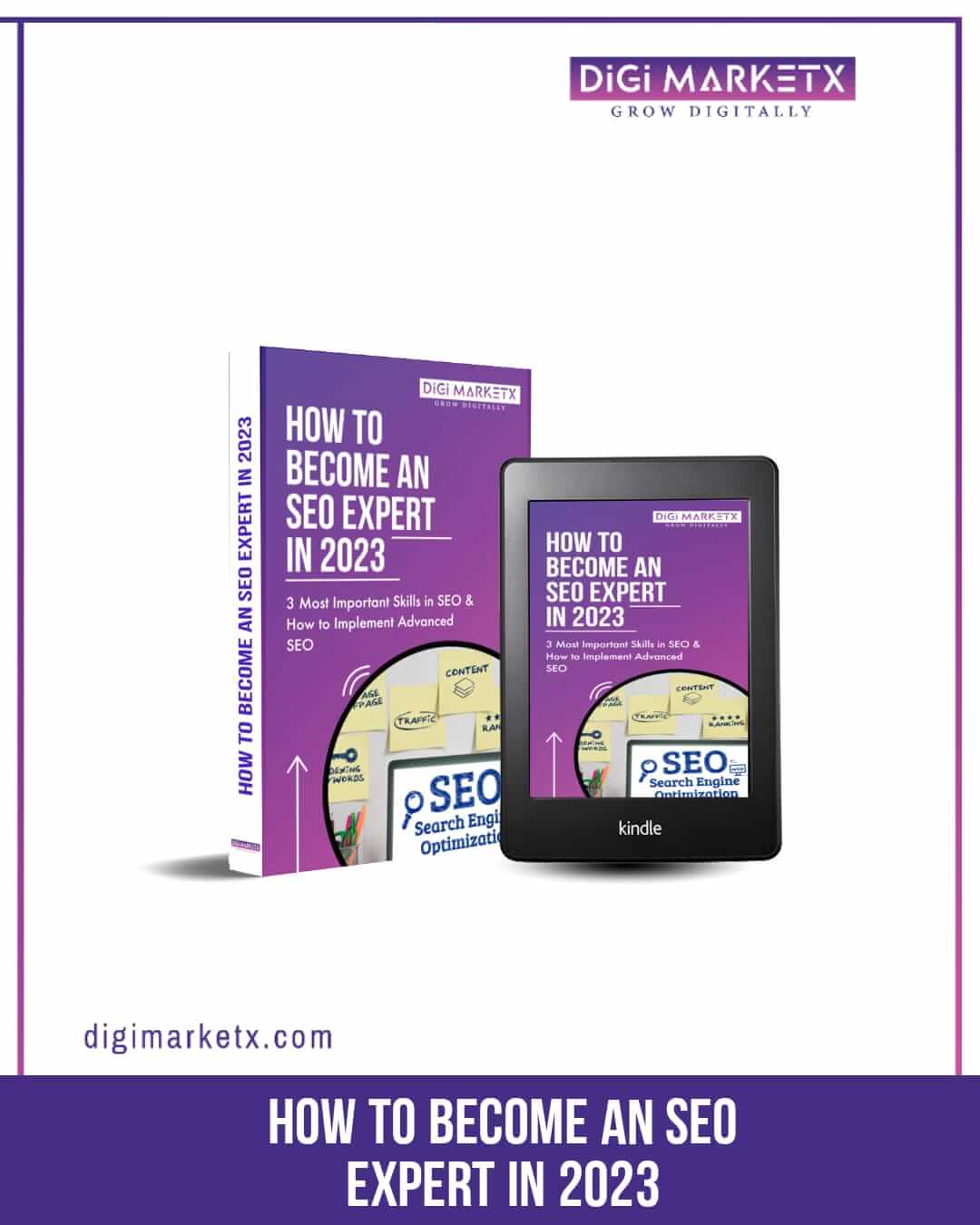Business owners and marketers use Search Engine Optimization (SEO) to bring tons of traffic to their websites, reach new customers, and generate revenue. That is why SEO is a familiar term for most digital marketing agencies across the world.
And to enhance the search engine optimization of a website, SEO experts have specific strategies that can be divided into two main categories – on-page SEO and off-page SEO.
However, do you know what is the difference between On-page and Off-page SEO and how can you implement them?
We will discuss that here.
Difference Between On-Page And Off-Page SEO: Boost Your Website’s Visibility
Both on-page and off-page SEO is critically important for a successful SEO campaign. However, both of these are completely different and you need to understand them in detail to implement them.
Here we have given a closer look at the difference between On-page and Off-page SEO.
What Is On-Page SEO?
On-page SEO, also known as on-site SEO, is the strategic process of optimising your web pages so that they can rank higher on search engines and your website can generate more traffic.
On-page optimisation includes those things on your website that you have total control of and can change to increase traffic to your website.
What Factors Are Important For On-Page SEO Of Your Website?
Here we have covered some of the most important factors that you should consider to optimise your website organically to rank higher on the search engine results pages and attract more visitors to your website.
1. Title Tags
One of the most effective ways to make your article or page stand out in the Search Engine Result Pages (SERPs) is by using the targeted keyword in the title of your page. Here are a few tips and good practices for writing the best title tags for your articles.

- Try To Fit Your Title Within 60 Characters – You should use a maximum of 60 characters, including spaces.
- Insert The Targeted Keyword In Your Title – You should use the keyword at the beginning of the title, but you should also remember to make it sound natural.
- Make Your Title Attractive And Eye-Catching – You should make your title accurate and engaging and never try to overuse the keyword.
2. Meta Description
Meta descriptions are definitely not a ranking factor, however, they appear on the Search Engine Results Pages (SERPs) right below the title of your page. So, they can definitely impact the click-through rate (CTR).
So, you should always try to optimize meta descriptions by focusing only on the searcher. Here are some tips to write a clickable meta description:
- Make your meta description compelling enough that users want to click, but it should not be clickbait.
- Don’t make the description longer than 150-160 characters.
- Try to write a description relevant to the title of the page and use a unique description for every page.

3. URLs
URLs are a small ranking factor and many SEO experts will tell you that you shouldn’t worry about them. But, according to Google’s SEO guidelines, URLs are something that you should optimize.
However, you should optimize it for the user and not for Google. Because the user will see the URL both in the address bar and on the SERPs.

And based on that information, users might choose to click on some results over others and they will also know where those pages are on the website.
An unfriendly URL looks like this:
http://example.com/folderxyz/dir1/dir622478/f2/5874616.html
Here this website doesn’t use HTTPS and the URL has an extremely complex structure. Also, the URL is not indicating what the page is all about.
A user-friendly URL looks like this:
https://example.com/seo/url-structure.html
If you want more detailed information on this, you can learn How to Create SEO-Friendly URLs.
4. Internal Links
An internal link is a link from another page of your same website. And internal links are actually a ranking factor because Google utilizes internal links in several ways, such as to discover new pages and to understand what a page is all about.
Also, the anchor text of the internal link matters as well and internal linking can boost other pages of your website.
And you should remember that internal links will also help your users discover your other content and navigate your website properly.
These are some of the most important factors for the on-page SEO of your website. However, there are also other factors, such as-
- Alt Text for Images
- Headings of your content
- Search intent
- Content quality
What Is Off-Page SEO?
Off-page SEO represents any efforts that are implemented outside of a website to improve its search engine rankings.
It is mainly about increasing the authenticity of your website by getting quality backlinks from other high-authority websites and also increasing brand awareness of your website.
What Factors Are Important For Off-Page SEO Of Your Website?
Some of the most important factors that can affect the off-page SEO of your website are.
- Backlinks
- Google Business Profile
- Customer reviews
- Guest posting
- Social media marketing
- Influencer marketing
The most significant factor for the off-page SEO of your website is the quality of backlinks to your website. Here are some good practices that you can follow to get quality backlinks from high-authority websites.
- Write high-quality and valuable content so that everyone wants to link to your website
- Publish engaging posts on social media to bring social media traffic to your website.
- Collaborate with influencers in your industry on social media and ask them to promote your website.
- Write guest posts for other websites in your niche and link back those posts to your website.

Recommended Reading: Social Media Marketing: Top 10 Advantages And Disadvantages
Which Is More Important – On-Page SEO Or Off-Page SEO?
Your SEO strategy is most effective when you practice both on-page SEO and off-page SEO together because Google uses those ranking factors that are related to both of these.
And both on-page and off-page SEO will work together to improve your search rankings and they complement each other pretty well.

And according to your needs, sometimes you can focus more on one of these. However, you should not focus on only one type of SEO all of the time.
And we generally recommend focusing on your on-page SEO first before shifting your focus to off-page SEO.
However, when you start to focus on your off-page SEO, then you might have to make changes in your on-page SEO strategy as well.
Why SEO Is Important For Your Marketing Strategy: Boost Your Website’s Ranking
SEO is a significant part of your digital marketing strategy. Because there are billions of searches every day on different topics and keywords and the most relevant and valuable pages are ranking at the top of search engines.
And the higher your page will rank, the more the chances that people will visit your website. Due to this, search engine rankings help a lot of businesses and service providers to generate a good amount of revenue.

This is the reason why SEO is considered one of the most critical parts of digital marketing.
And those businesses that want to grow their presence and visibility in the online world must have an SEO team or hire the services of an SEO agency to maintain and boost their online presence.
Recommended Reading: What Is DA PA In SEO- Improve Your Website’s Search Ranking
Final Thoughts
As you have already got an overall idea of on-page and off-page SEO, you can use both these techniques to make your website more visible and rank on the top of the search engine result pages.
Also, there are other aspects of SEO as well, such as technical SEO and local SEO. So, if you want a reliable SEO agency to do all these things for your business, then Book a Free Consultation with us.

